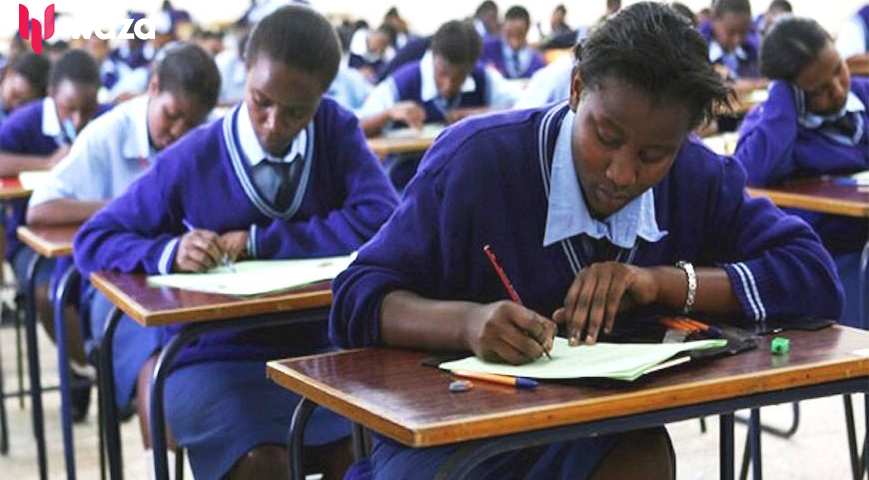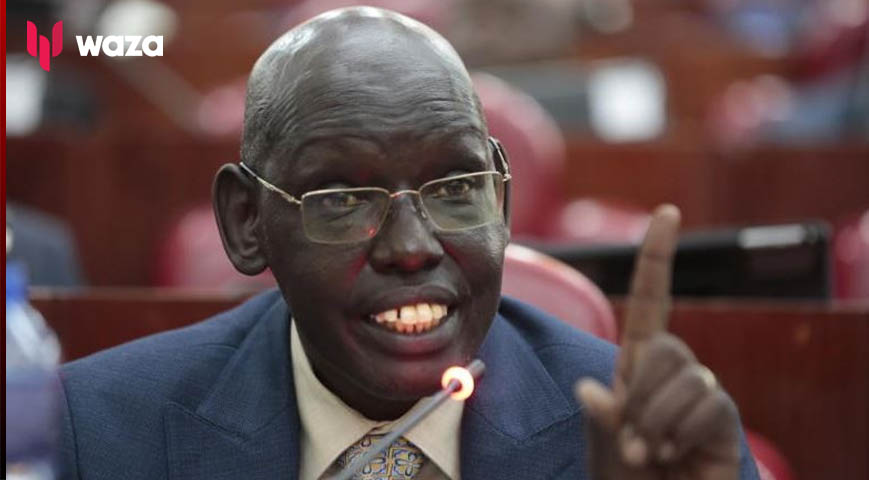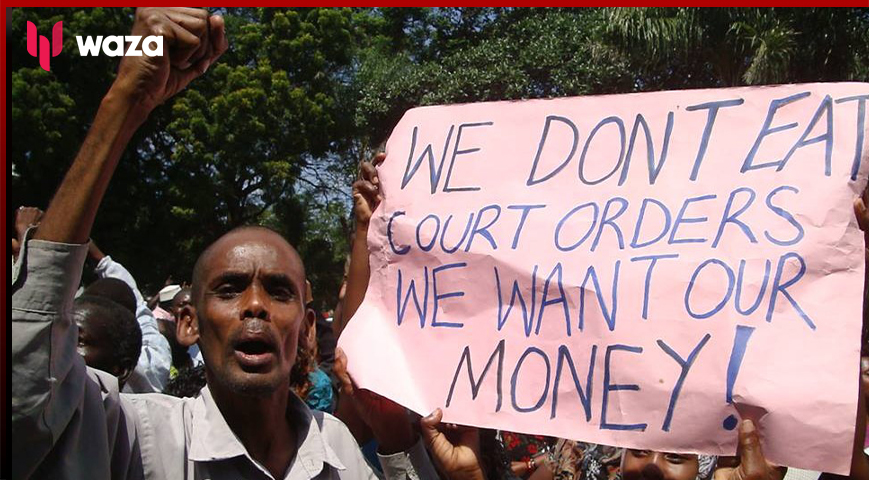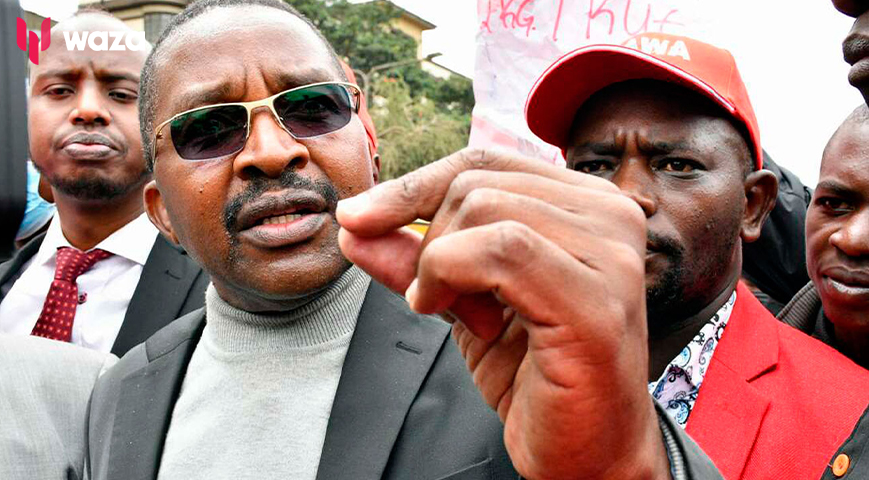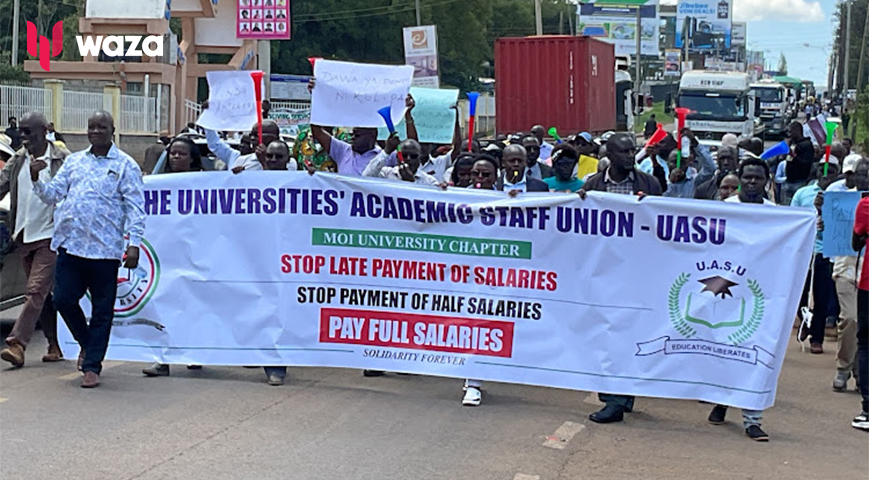Suppose the proposals of the presidential working party on education reforms are in practice. In that case, students in public universities across Kenya may have to pay more in tuition to receive an education.
Last week, the task force delivered its report to President William Ruto. It has also suggested several steps to raise the calibre of higher education in the nation, including relieving the financial burden on institutions by forgiving debts due by universities to statutory entities.
As per the second interim report, the cover of this industry's funding concentrates on higher education and the reforms required to make it better and more accessible.
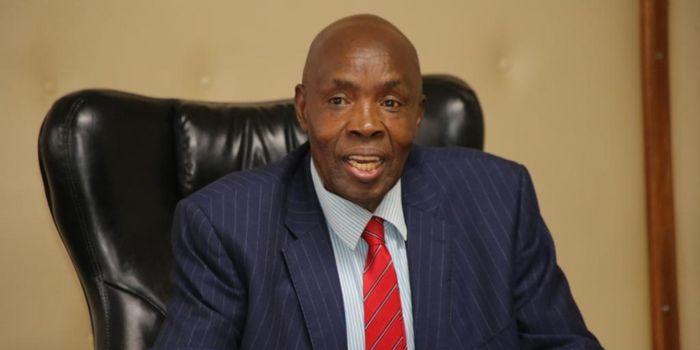
Did you read this?
The working party suggests tripling the present tuition for government-sponsored students at Kenyan colleges from Ksh.16,000 to Ksh.52,000.
The task force is arguing for the tuition hike while pleading with the government to enhance funding for higher education, which is currently insufficient to meet institutions' demands.
During the academic years 2018/2019 and 2022/2023, there would be a shortfall in public universities of roughly Ksh. 164 billion. With a financial shortfall of Ksh. 56.96 billion over the same period, private universities perform somewhat better.
The report also recommends that the government waive the massive debts that universities currently owe to statutory organizations, which total Ksh. 56.13 billion includes payments for PAYE, pensions, NHIF, and NSSF, among other things.
Beyond funding concerns, the report also suggests ways to improve university governance, such as ensuring that 28 universities' vacant chancellor positions are no longer empty.
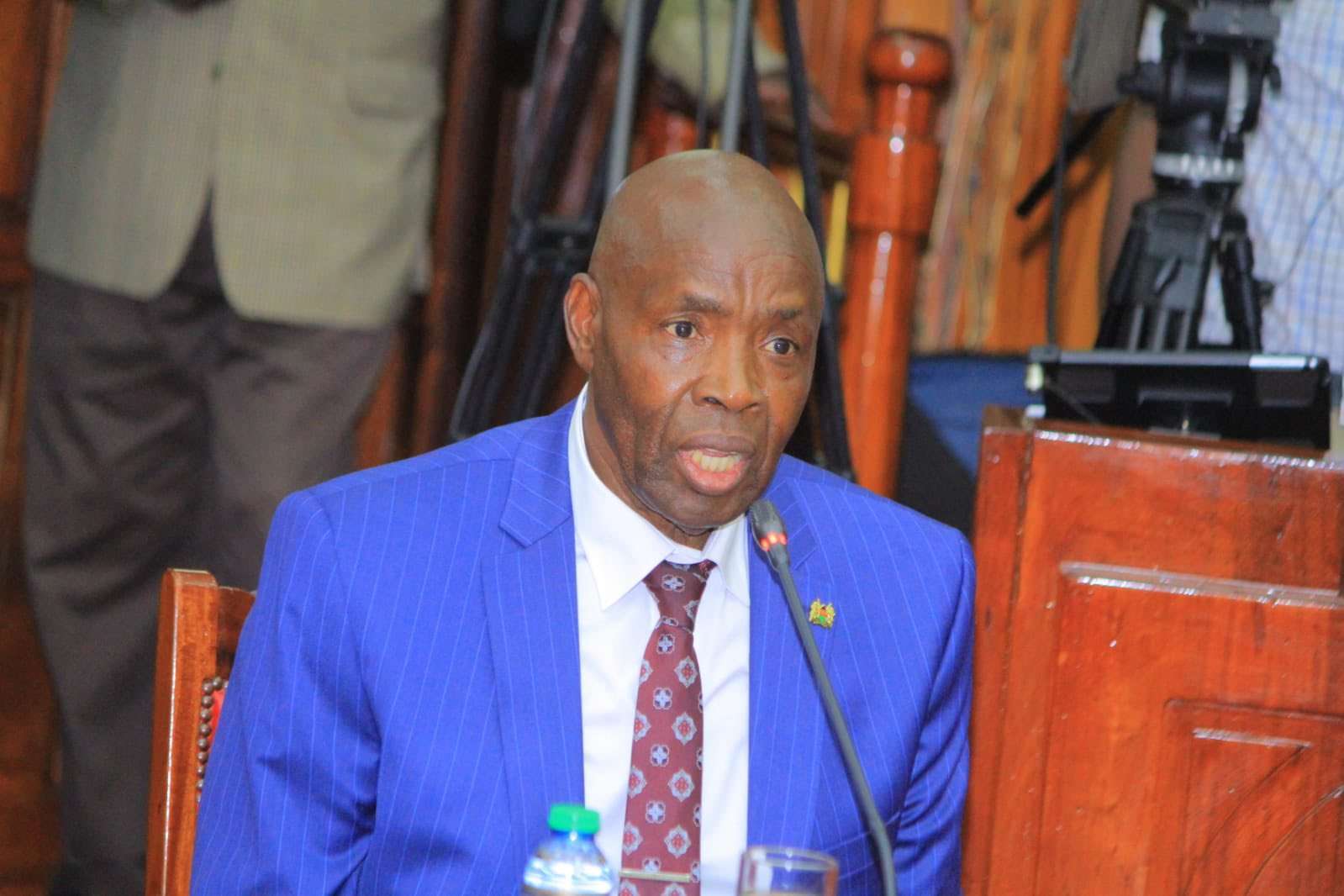
The group asserts that, even while the president should continue to have the final say in chancellor appointments, the Cabinet Secretary for Education and the university Senate should also be at the forefront.
Additionally, it requests that the government work to increase the meagre 14.7% (3,922 students in 34 institutions) of students enrolled in teachers' training colleges, which has a potential for 26,650 students.
The task force also wants the government to create such institutions across the nation, with a National Polytechnic in every county, Technical Vocational Colleges in every constituency, and Vocational Training Centers in every ward, to increase the space available for Technical and Vocational Training.
The president and the ministry of education haven't publicly commented on the report's findings.


